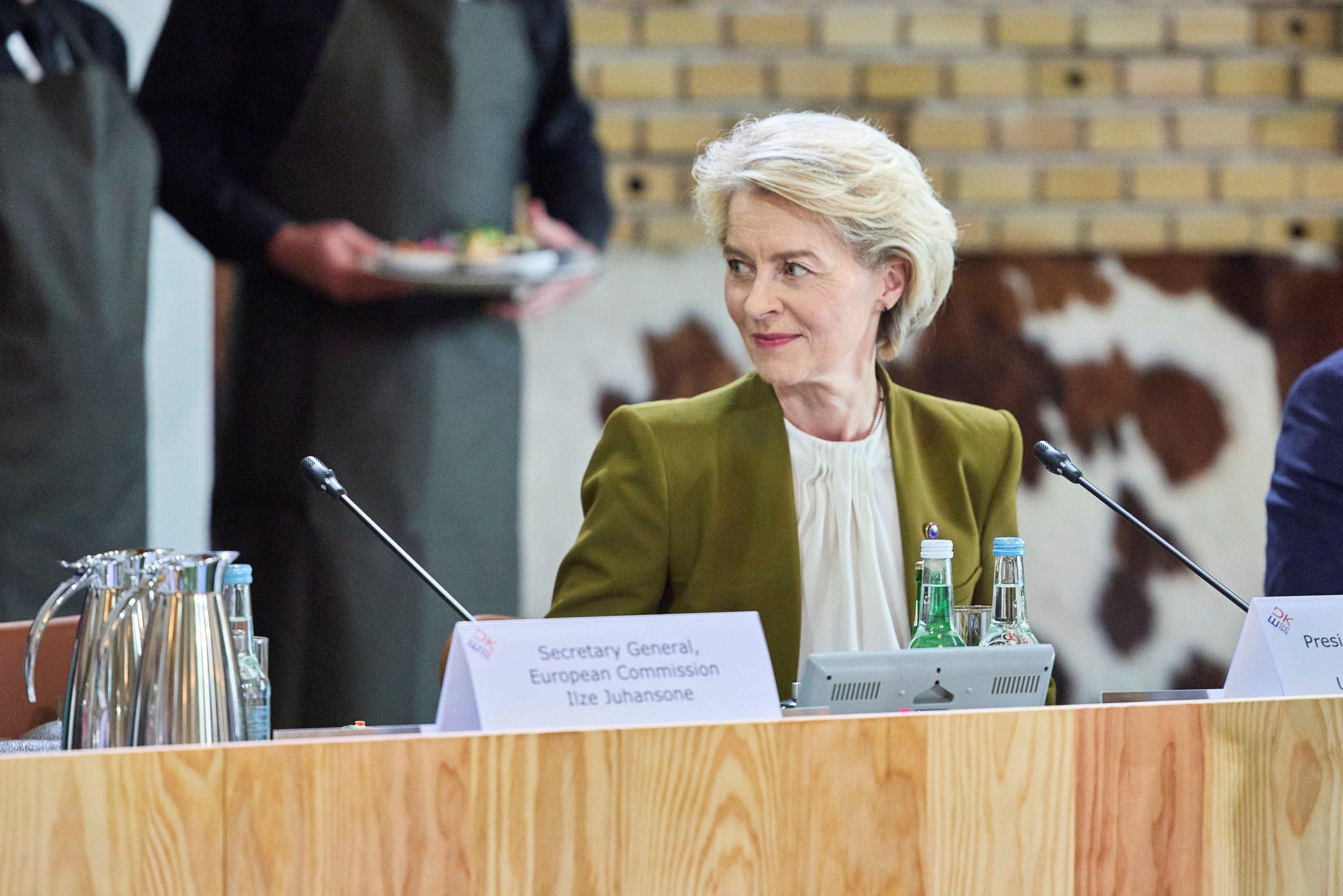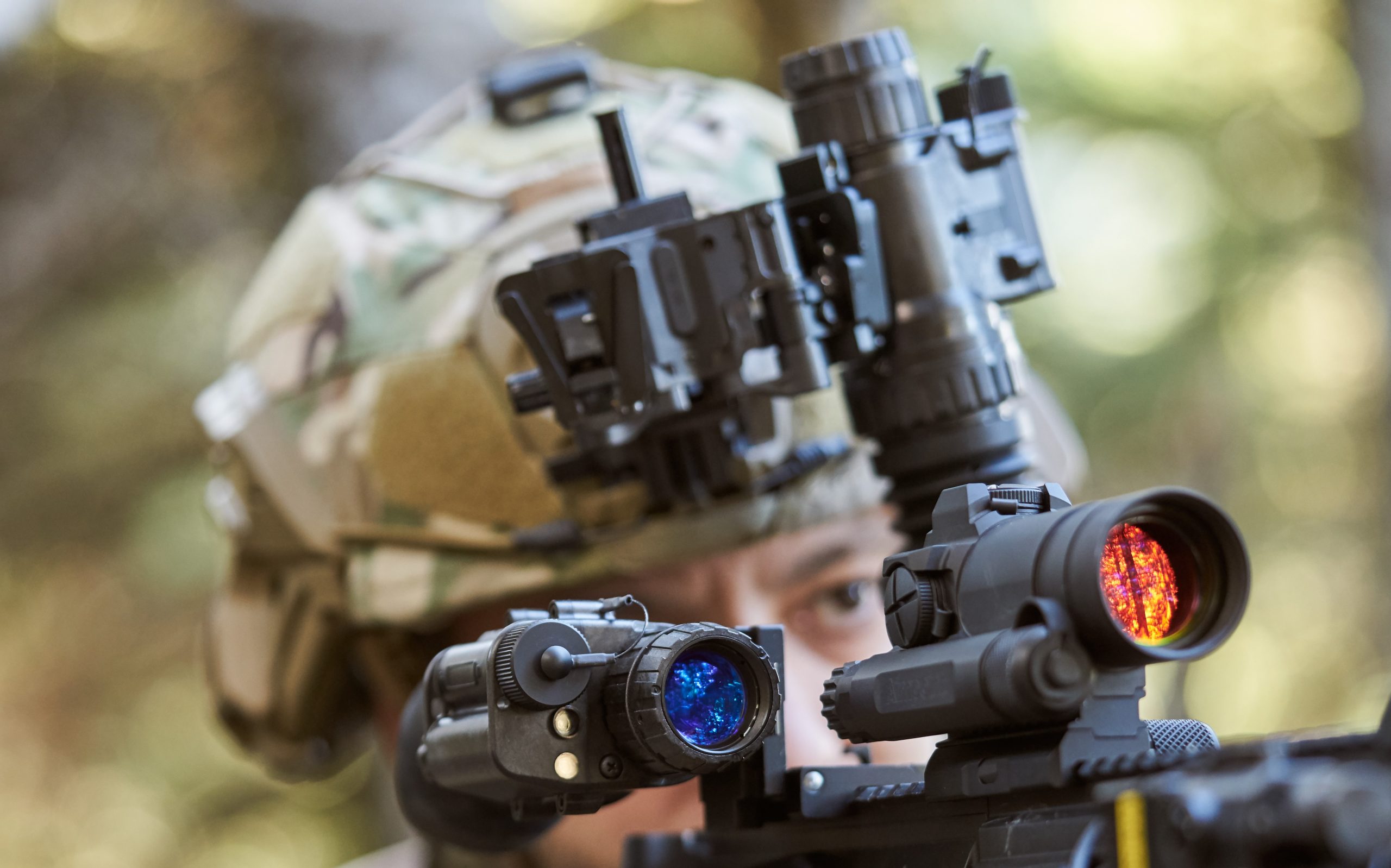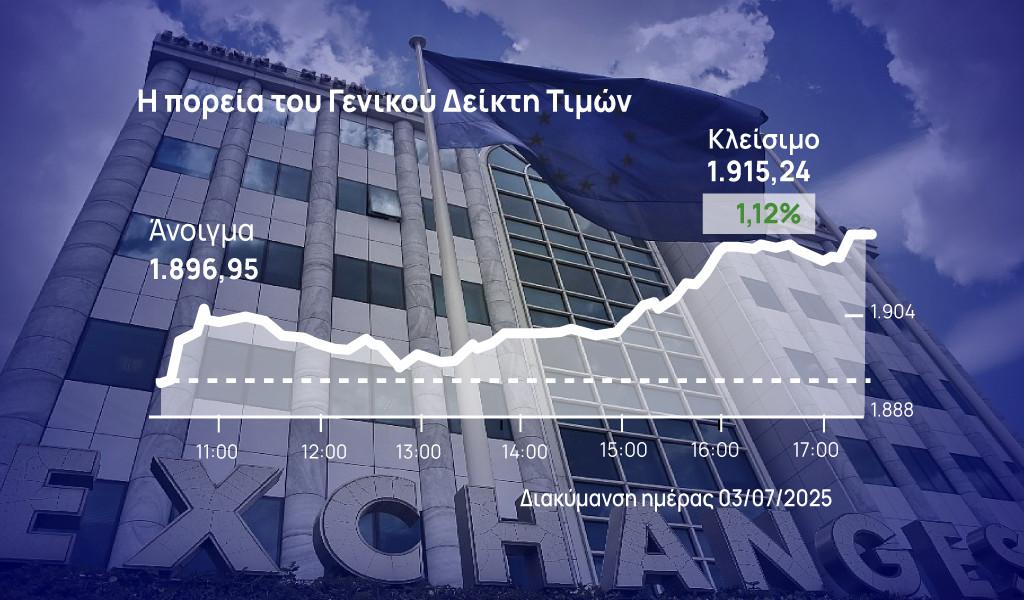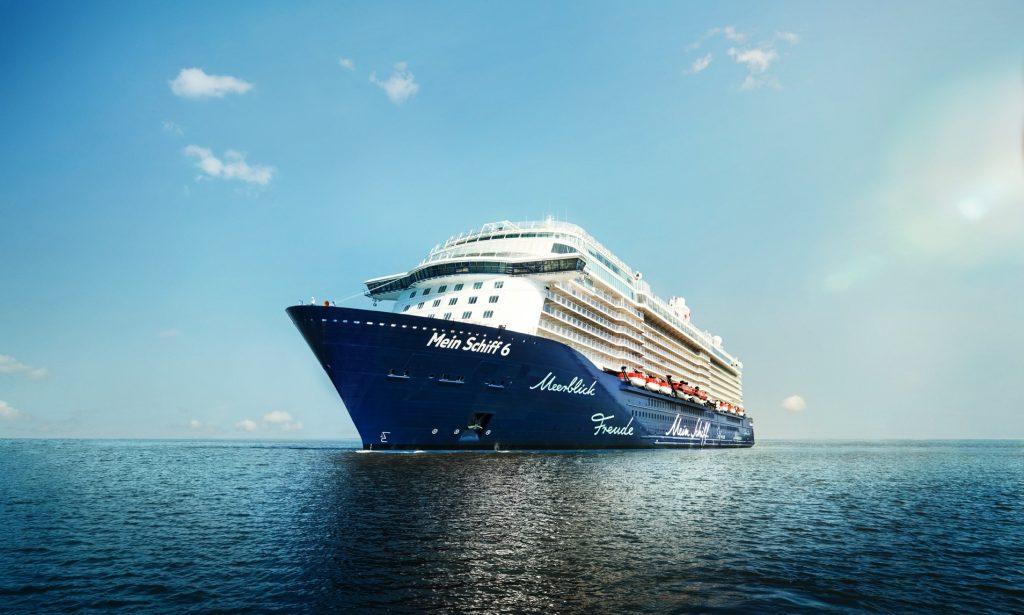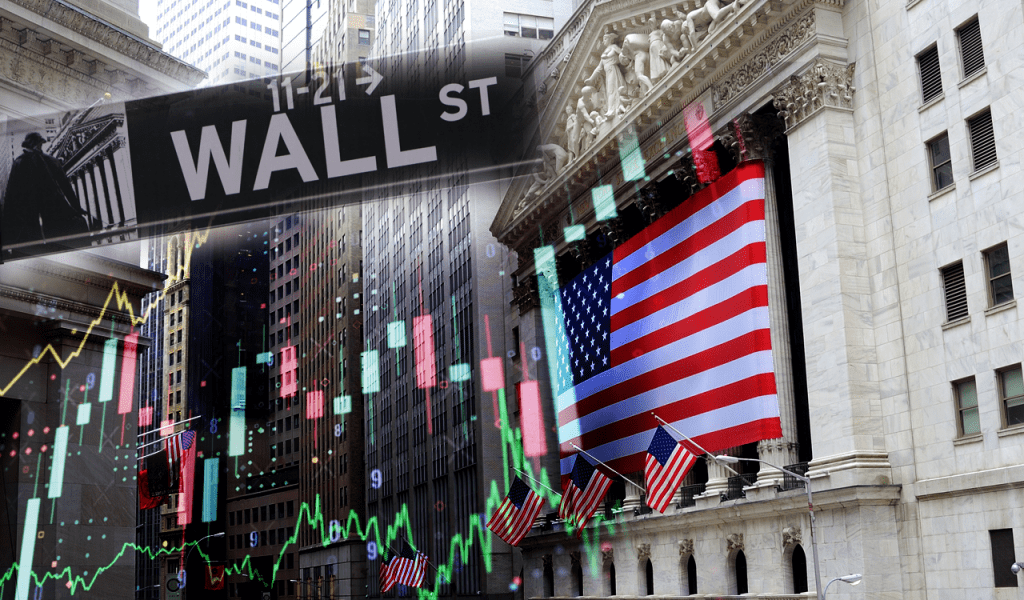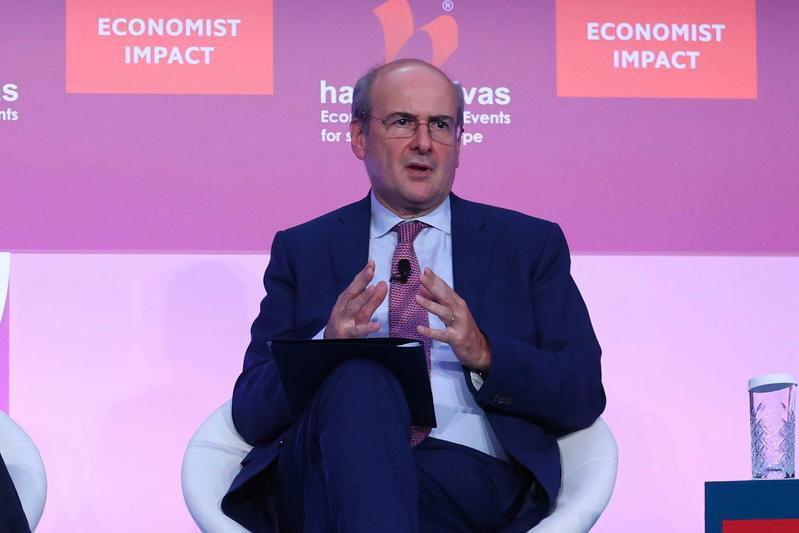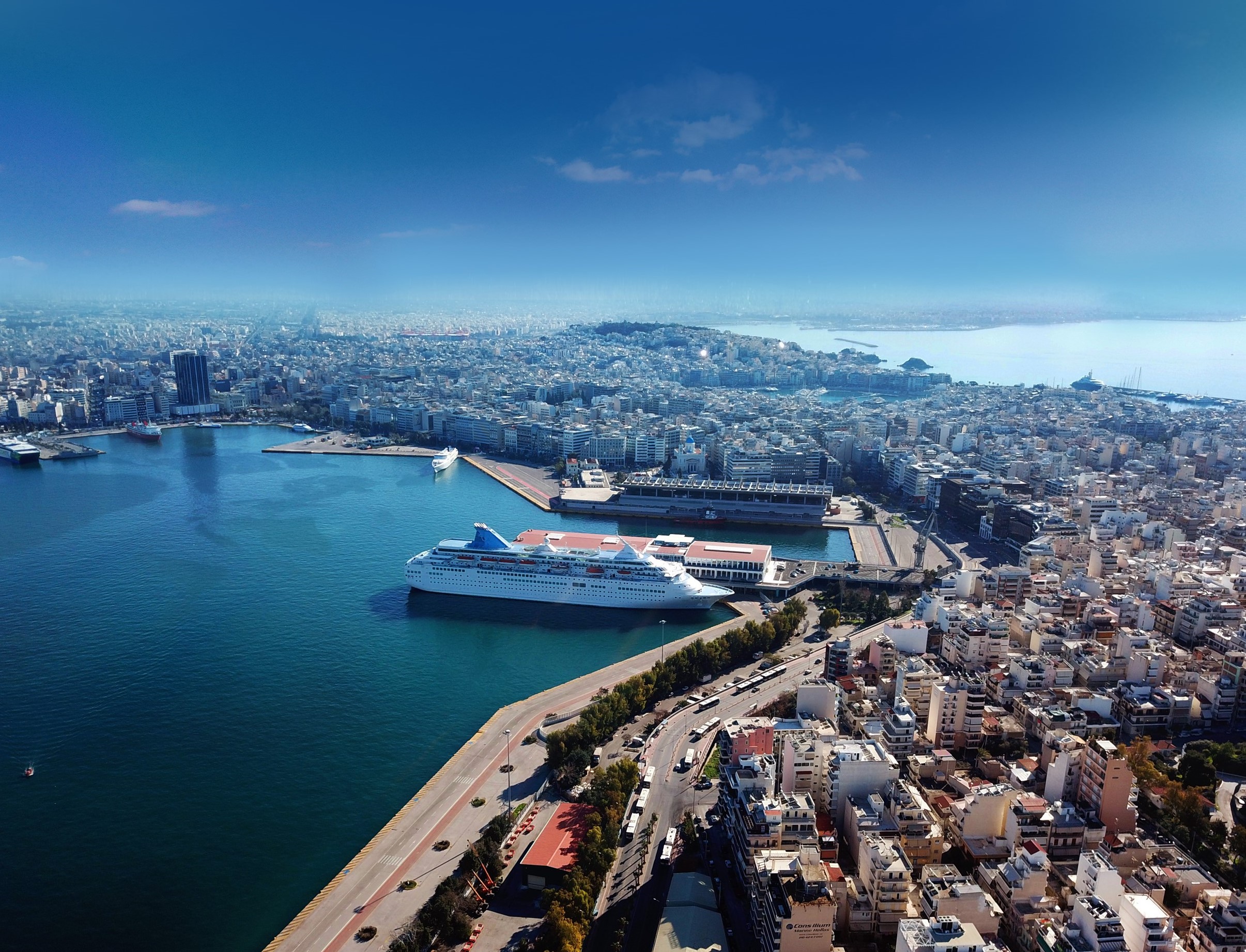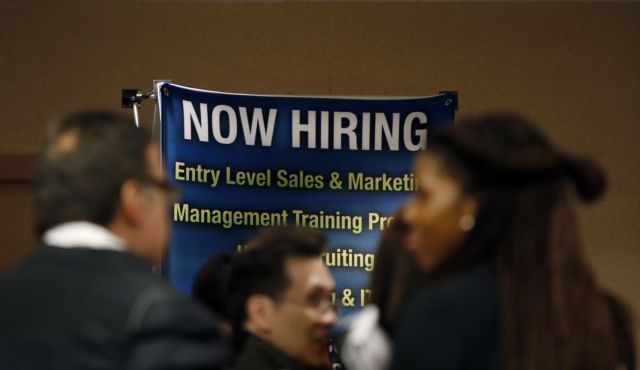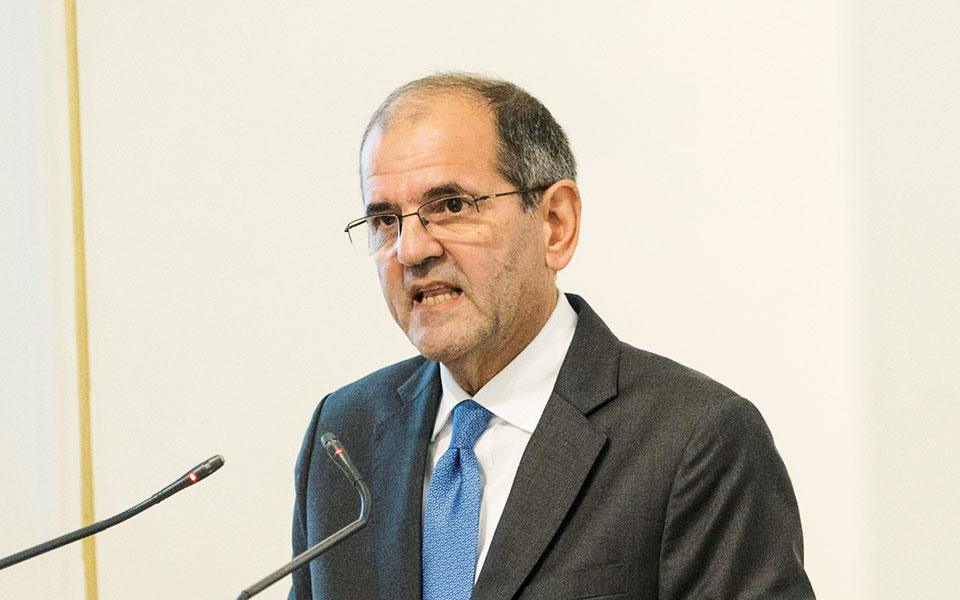After Coca Cola and Lactalis, it was PepsiCo‘s turn to be charmed and – after two years of negotiations – finally to give in to the allure of Aqua Carpatica water, another brand created from scratch by Yannis (Jean) Valvis.
The multinational giant with a turnover of 80 billion dollars in 2021 – about 1/3 of Romania’s GDP – has closed a deal to buy 20% of Romania’s Carpathian Springs, the owner of bottled water Aqua Carpatica.
The deal includes the right to distribute the fast-growing brand in Romania and Poland and the possibility of expanding it to other markets, including the United States.
The deal, which was announced yesterday without the price becoming known, comes 24 hours after PepsiCo announced plans to buy an 8.5% stake in US energy drinks firm Celsius Holdings.
Premium product
It should be noted that Aqua Carpatica, a 100% Romanian product, becomes the first to join the international portfolio of a company the size of PepsiCo.
“AQUA Carpatica, a water with great taste and significant market presence, perfectly complements PepsiCo’s existing portfolio of premium beverages,” said Silviu Popovici, CEO of PepsiCo Europe.
Carpathian Springs with 308 employees closed 2021 with a turnover of 333 million lei (€68 million), up 20% compared to 2020, and a net profit margin of 14%, after a result of 46.9 million lei (9, 54 million euros), according to data from mfinante.ro.
Exports and stock market
The Romanian brand entered the UK market in 2015, currently selling in around 1,300 Tesco, Ocado, Whole Foods Market and WHSmith stores, as well as Harrods shopping center.
In addition to Great Britain, the company exports the Aqua Carpatica brand to Japan, China, all the Gulf countries (United Arab Emirates, Qatar, Kuwait, Bahrain, Saudi Arabia, Oman), Russia, Moldova, Germany, Hungary, Spain, Australia and Finland.
At the same time, the plans for Karpathian Springs are big, as a public listing on the New York Stock Exchange may also be attempted.

The pristine verdant Carpathian mountains and multinationals
A third-generation diaspora Greek, with a grandfather from Santorini, a father born in Sudan and raised between Geneva and Athens, Yiannis Valvis has been living and doing business since 1994 in Romania.
Deeply believing that Romania can become for mineral waters what Scotland is for whiskey or Bordeaux for red wines, Yannis Valvis created the natural mineral water production company Carpathian Springs in 2010.
The water business was not unknown to architect-engineer Yannis Valvi with degrees from the National Technical University of Athens and the Sorbonne.
At the end of 2002, he had sold Dorna water to Coca Cola 3E, a deal that had brought the Greek from the Carpathians and his partners (his friend Hans Bertschmann and the investment fund Societe Generale Romania) about 39 million euros.
The sale of the water came at the right time so that Yiannis Valvi could deal with milk.
Already, since 1998, he had set up milk and cheese production units and in 2001 he started moving towards the systematic organization of organic livestock units.
“The pristine and verdant (!) Carpathians, which even Ceausescu did not manage to contaminate with intensive crops, is the ideal place for the production of organic dairy products,” said Mr. Valvis at the time.
Ten years later he sold the La Dorna dairy to the French giant Lactalis, for 80-90 million euros. In fact, he managed to maintain the right of the La Dorna brand for the cereal market.
Also in 2015, G. Valvis sold 2% of Dorna Agri SA, an organic cereal company through which she operates over 8,000 hectares of land in Călărasi County on the Bulgarian border.
Wine and RES
The savvy Greek-Swiss businessman, in addition to the natural mineral water market, has also entered the difficult and highly competitive wine market.
In 2005 the Valvis Holding group invested in Viti-Pomicola Samburesti, an area of 500 hectares of vineyard and 500 hectares of fruit trees, over 14.5 million euros, reviving local vineyards.
In fact, it was the first time in his entrepreneurial life that he put his own name on a product. Perhaps wanting to declare in this way that this business will remain in the family and will not be sold off after a few years.
Today, apart from all his other business activities, Yiannis Valvis also invests in green energy through AgroElectrica.
However, renewable energy and grain farming are secondary businesses for Jean Valvs, with Aqua Carpatica and Domeniile Sâmburești being the most important.
The beginning
But how did the Greek-Swiss businessman Yiannis Valvis end up in Romania?
Exactly 30 years ago, the now 68-year-old Yannis Valvi was working for a large engineering company in Geneva. He was sent to Romania to prepare a feasibility study for sunflower oil, to evaluate and analyze investment possibilities in the field of edible oil.
Then in a hotel in Bucharest he asked for water, accidentally trying Dorna naturally carbonated water, which, like hundreds of other goods and services at the time, belonged to a state-owned company.
The product was great, but the packaging totally… socialist. So without wasting any time he asked to buy the company, using Swiss capital, but Greek spirit, and automatically the name of Ioannis Valvis entered the list of major foreign investors.
Along with the springs in the Carpathian Mountains and the antiquated bottling plant he also acquired the use of an extensive rail freight line, which was to be a major asset for his business activity in the years to come.
However, unlike Dorna water, which was completely sold to Coca Cola in the new agreement for Aqua Carpatica, Yiannis Valvis maintains control of the company he created.
Santorini and football
Despite his long and successful efforts in foreign markets, in his hometown of Santorini, the entrepreneurial spirit of Yiannis Valvis has not succeeded in vindicating him.
He has been trying for at least six years to erect an ultra-luxurious hotel unit in Vlychada, but the local community is against him.
He maintains that he does not want to “plant” an apartment building-hotel by destroying the landscape, but the various Santorini organizations have a different opinion.
Nor is he involved in football anymore, although he was involved in the administration of Rapid, which was once the third largest team in Romania, which was owned by the railways (Steaua being the army team and Dinamo for security forces).
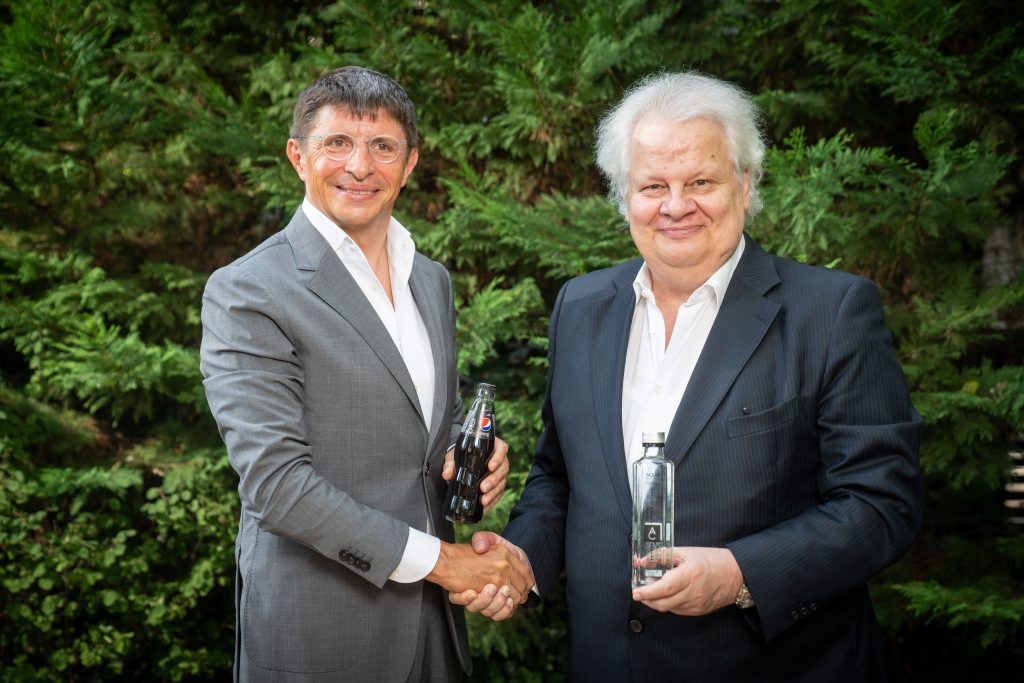
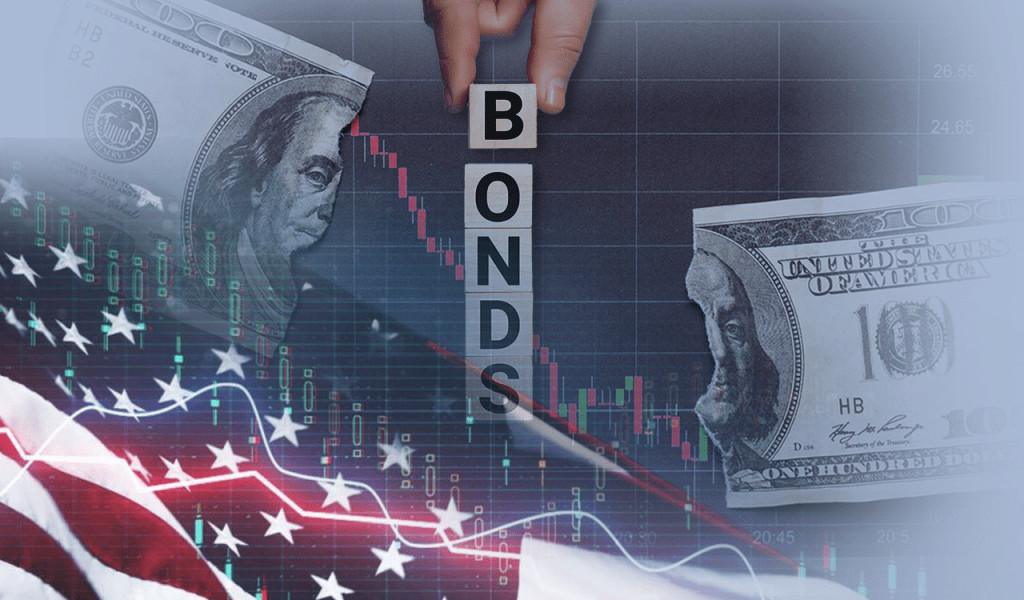
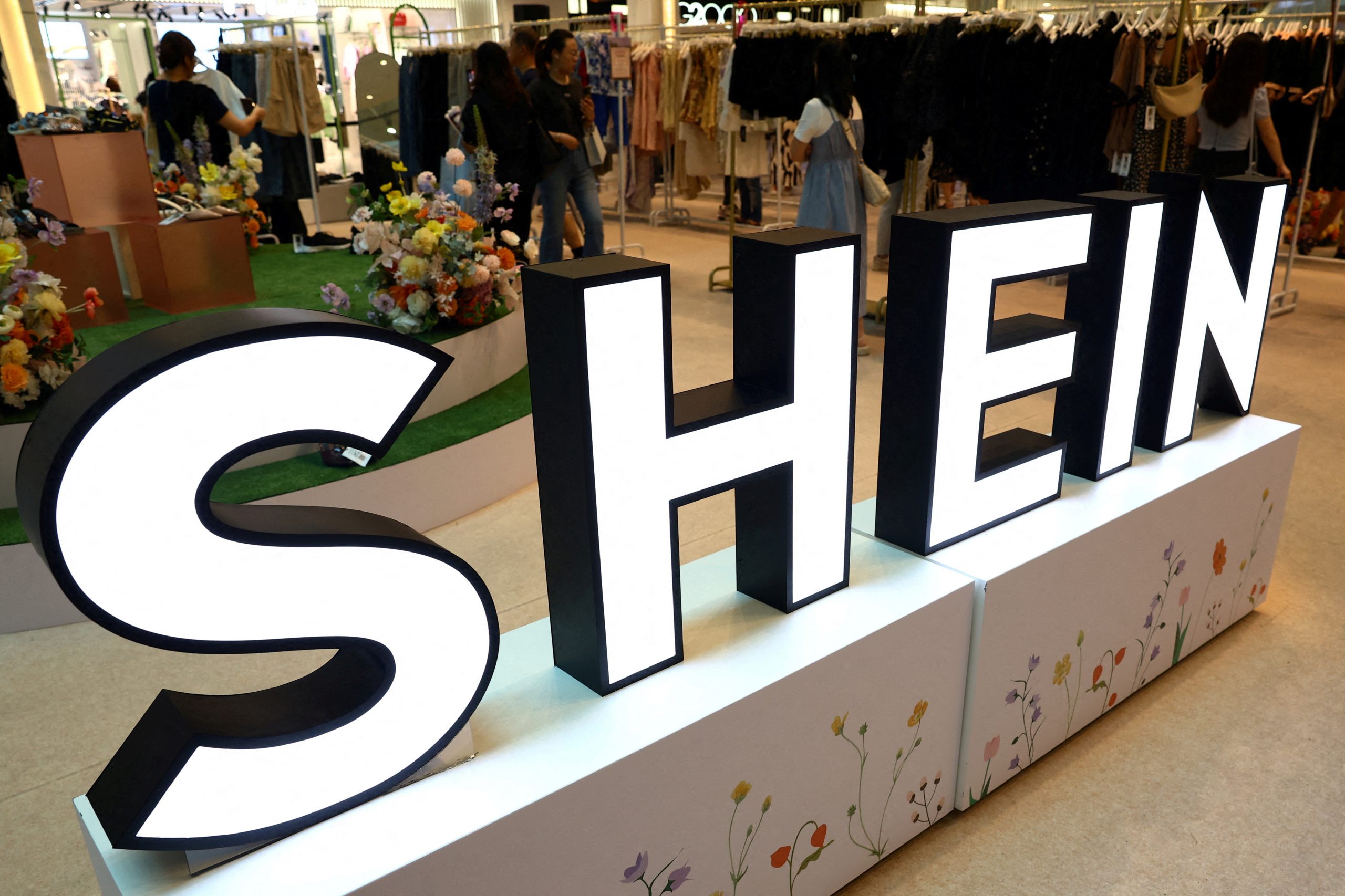
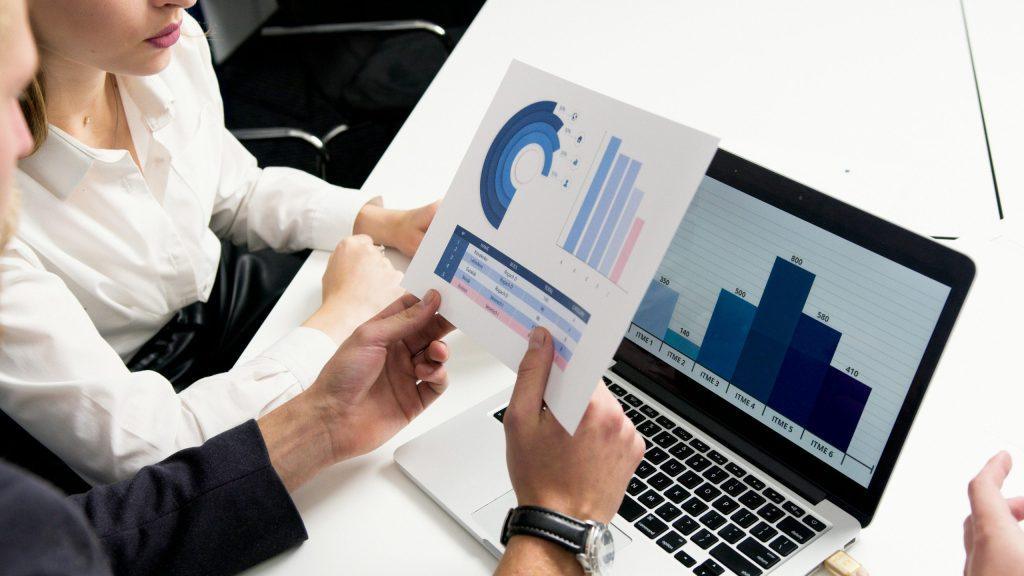
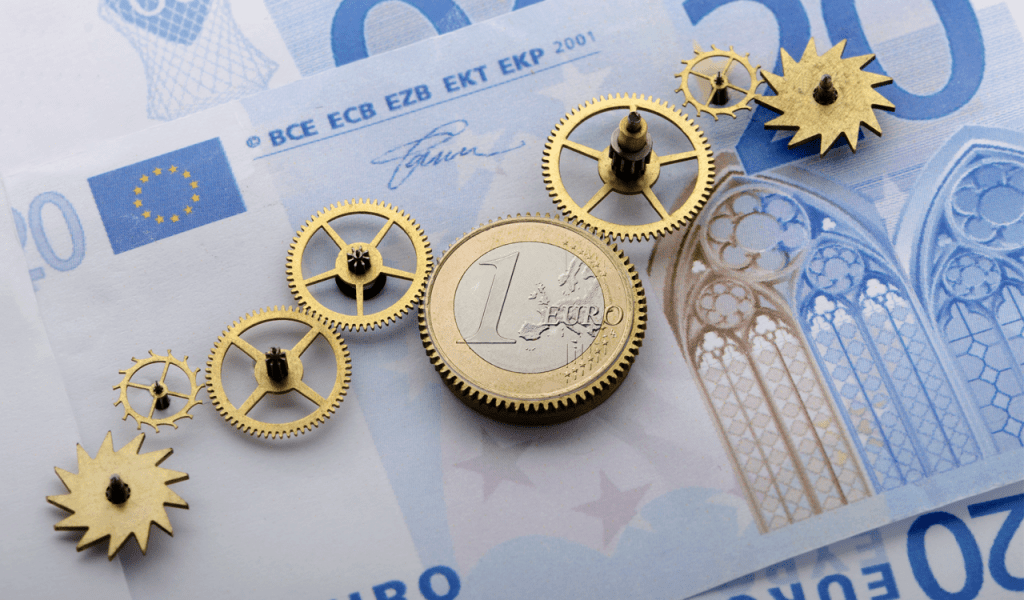

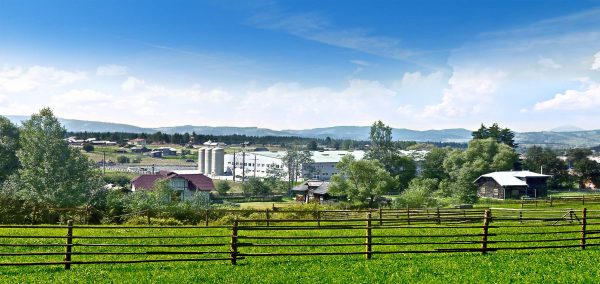
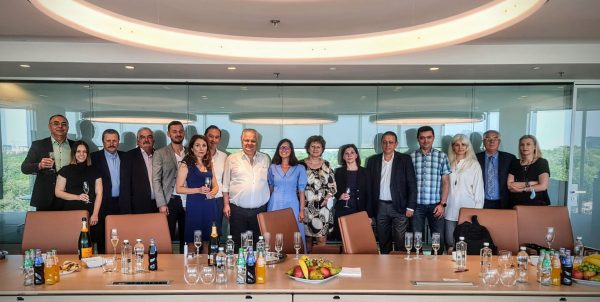
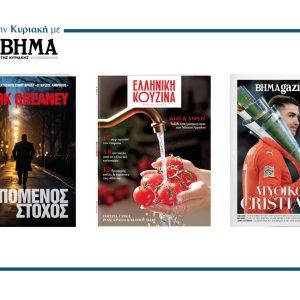


![ΗΠΑ: Κερδισμένοι και χαμένοι από το «μεγάλο και όμορφο» νομοσχέδιο Τραμπ [γράφημα]](https://www.ot.gr/wp-content/uploads/2025/04/2025-04-02T230733Z_629703518_RC2RPDANS257_RTRMADP_5_USA-TRUMP-TARIFFS-REACTION-COMPANIES-300x300.jpg)

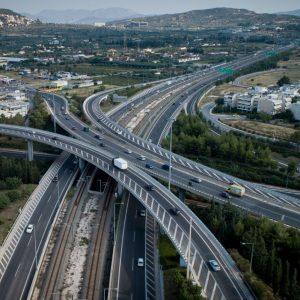
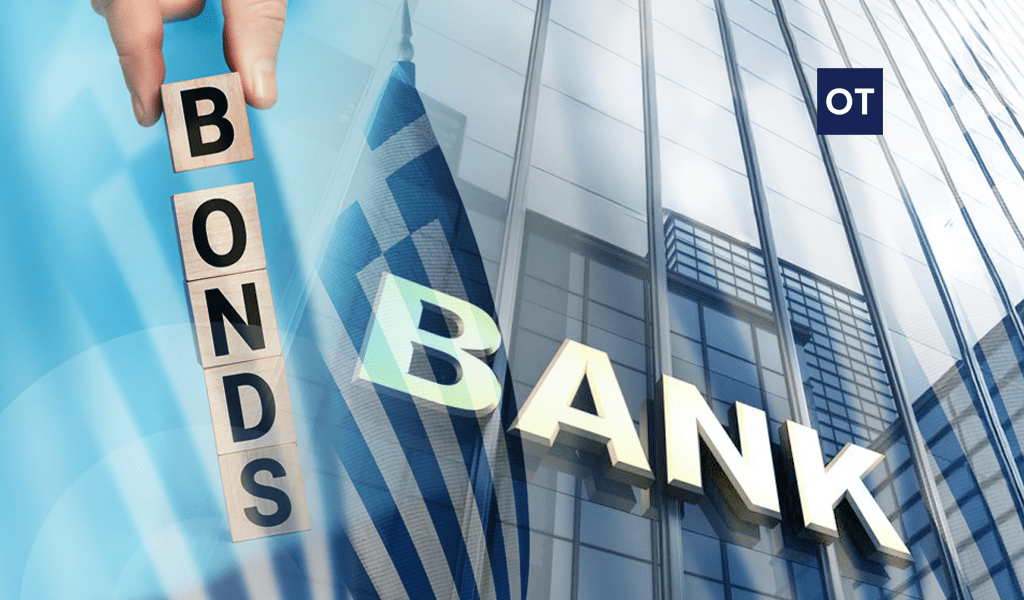
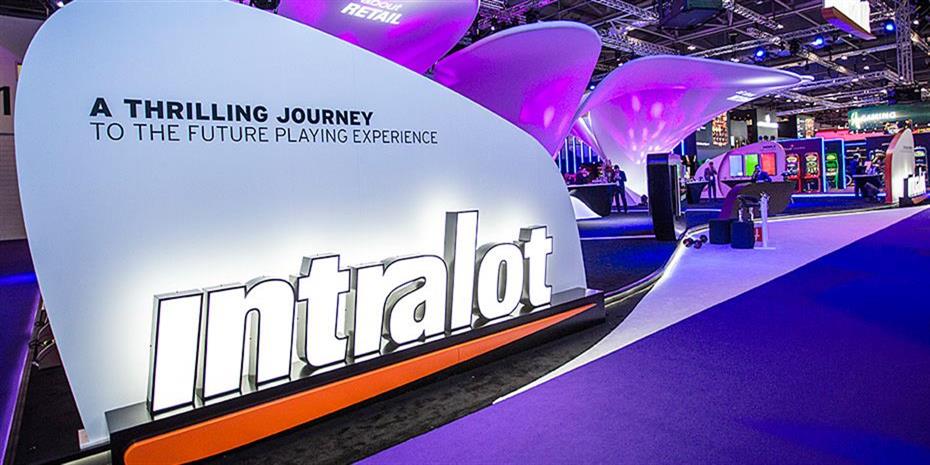
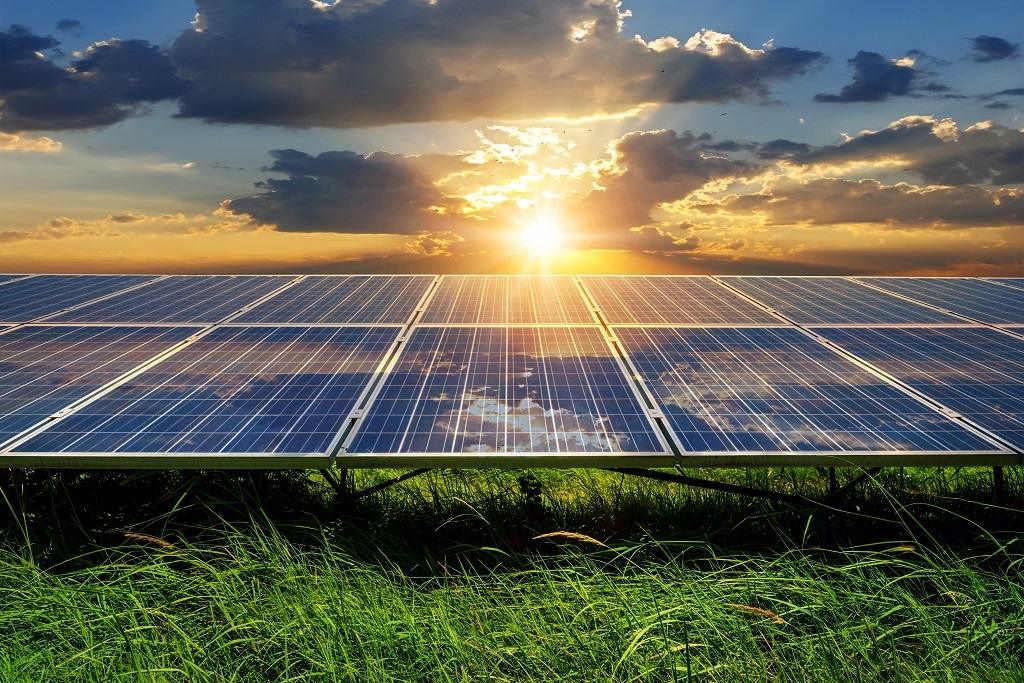
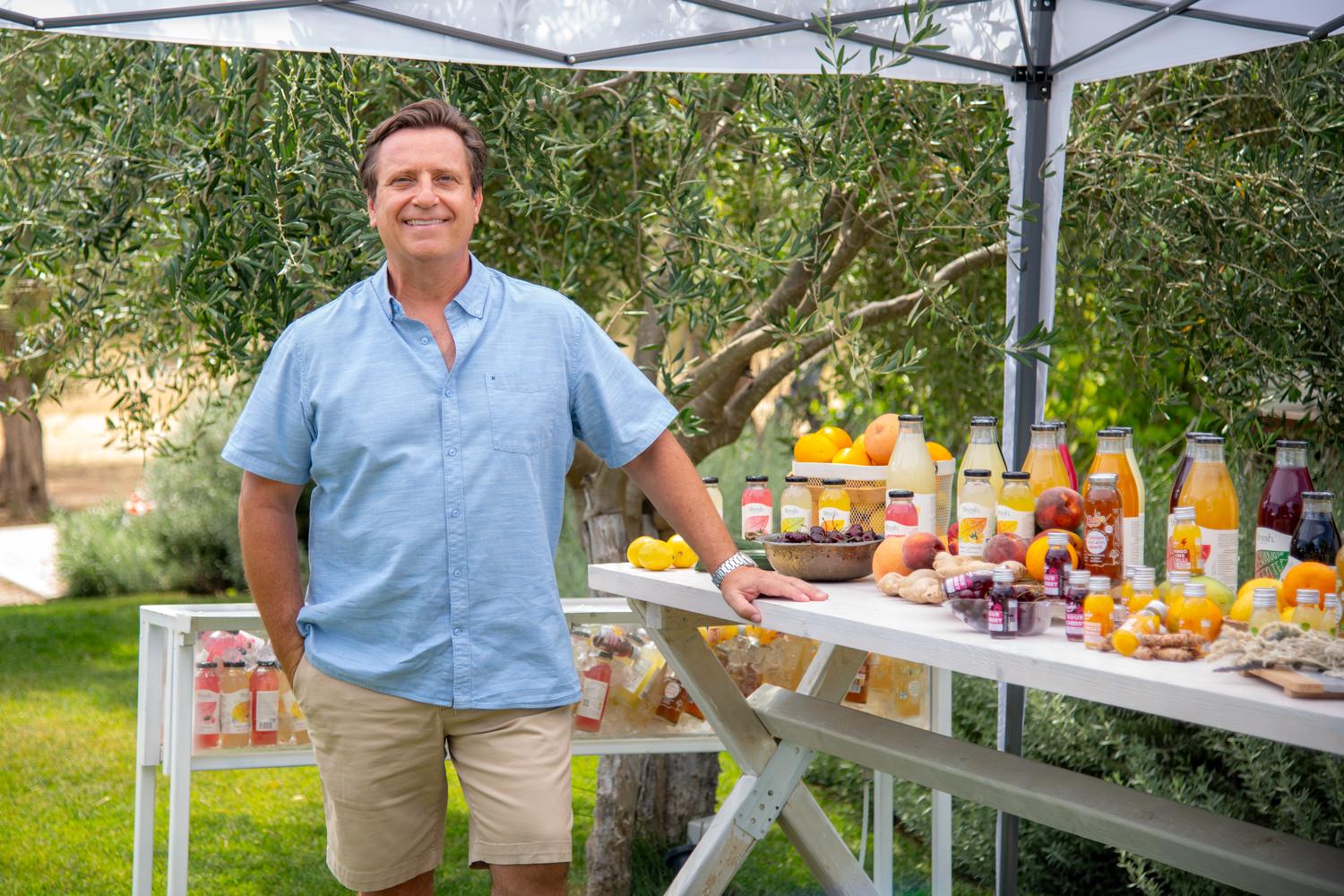
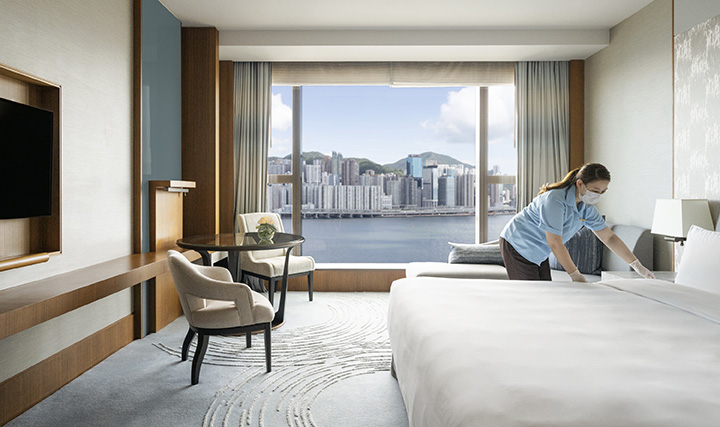
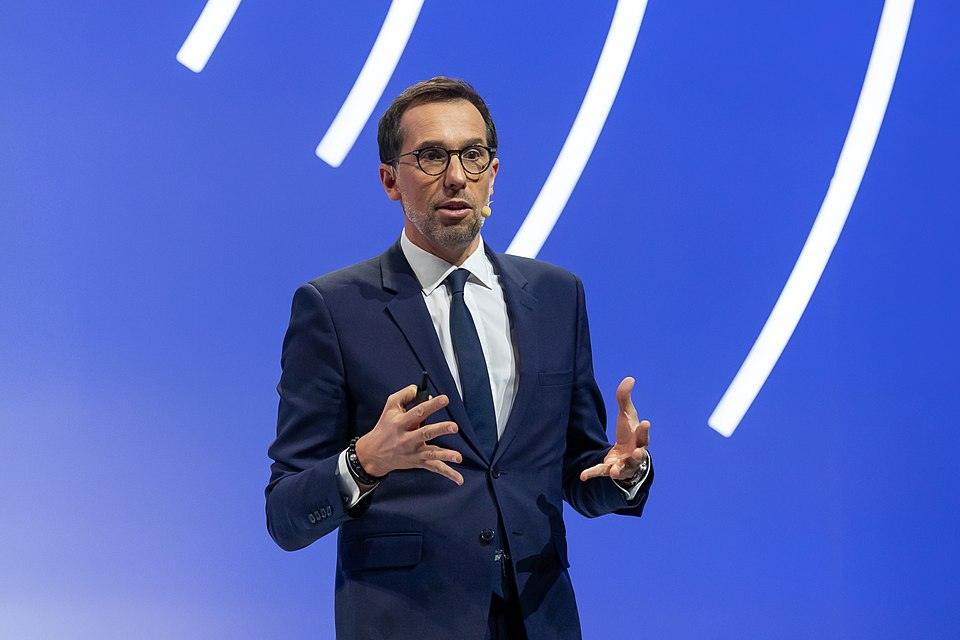
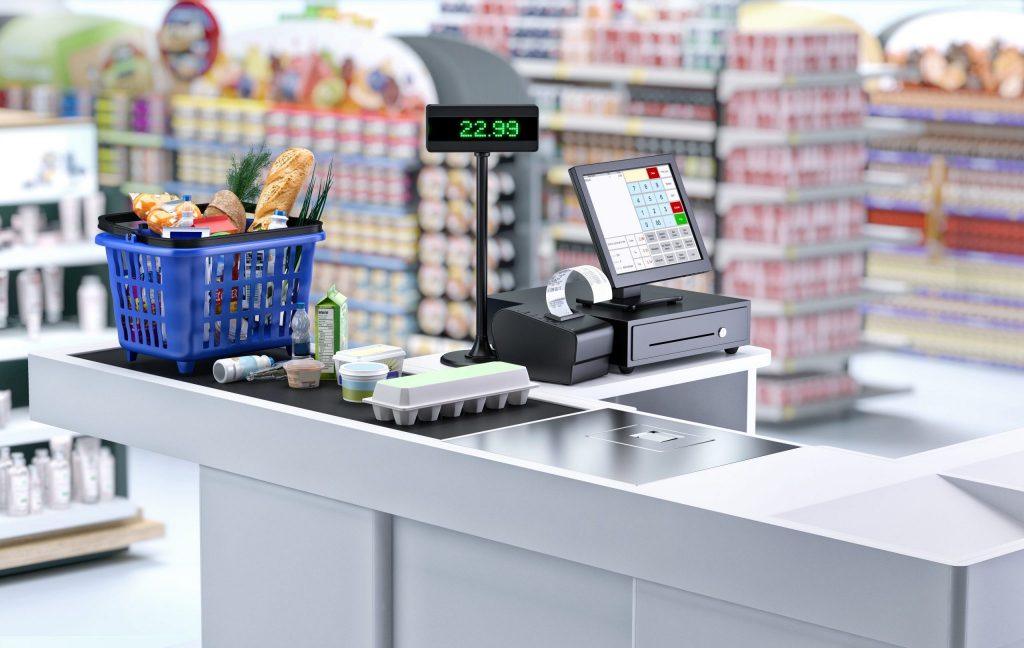

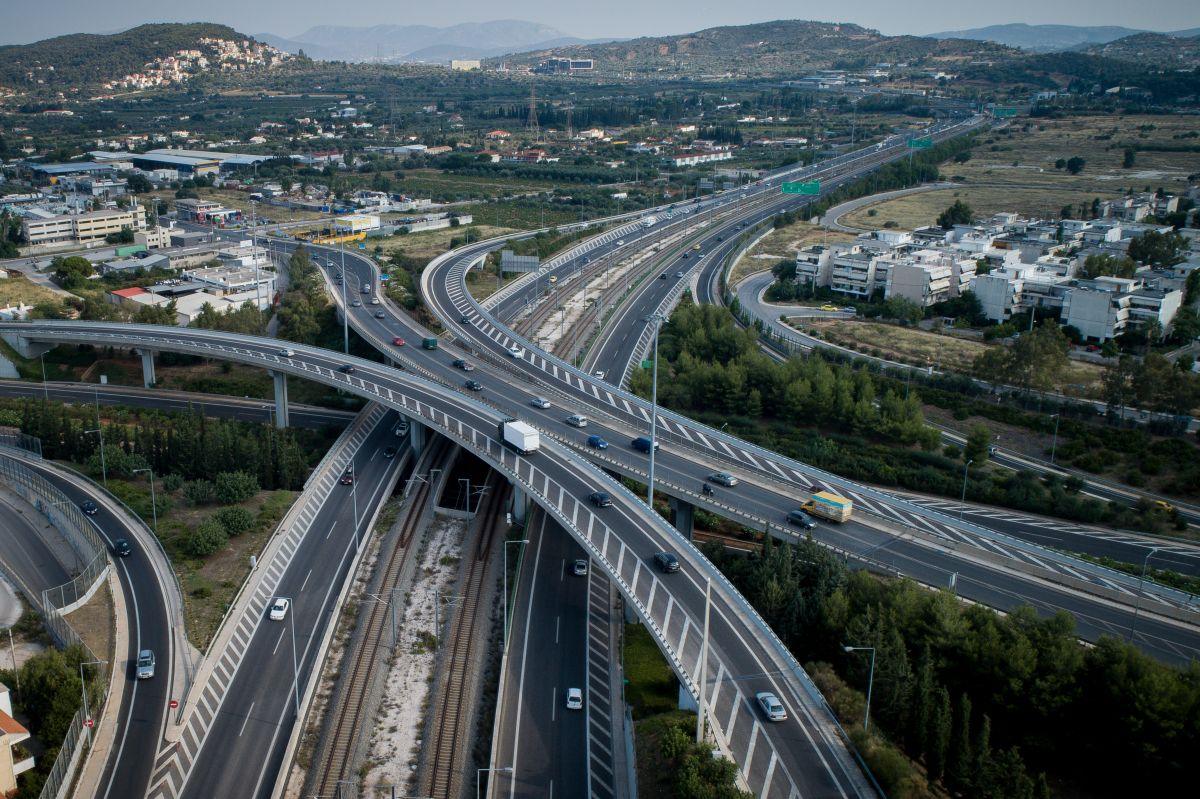

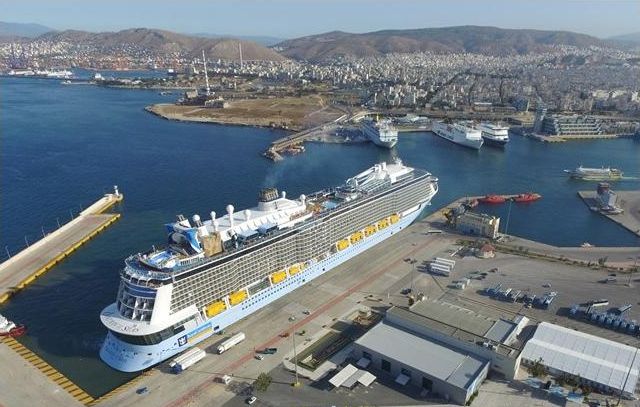
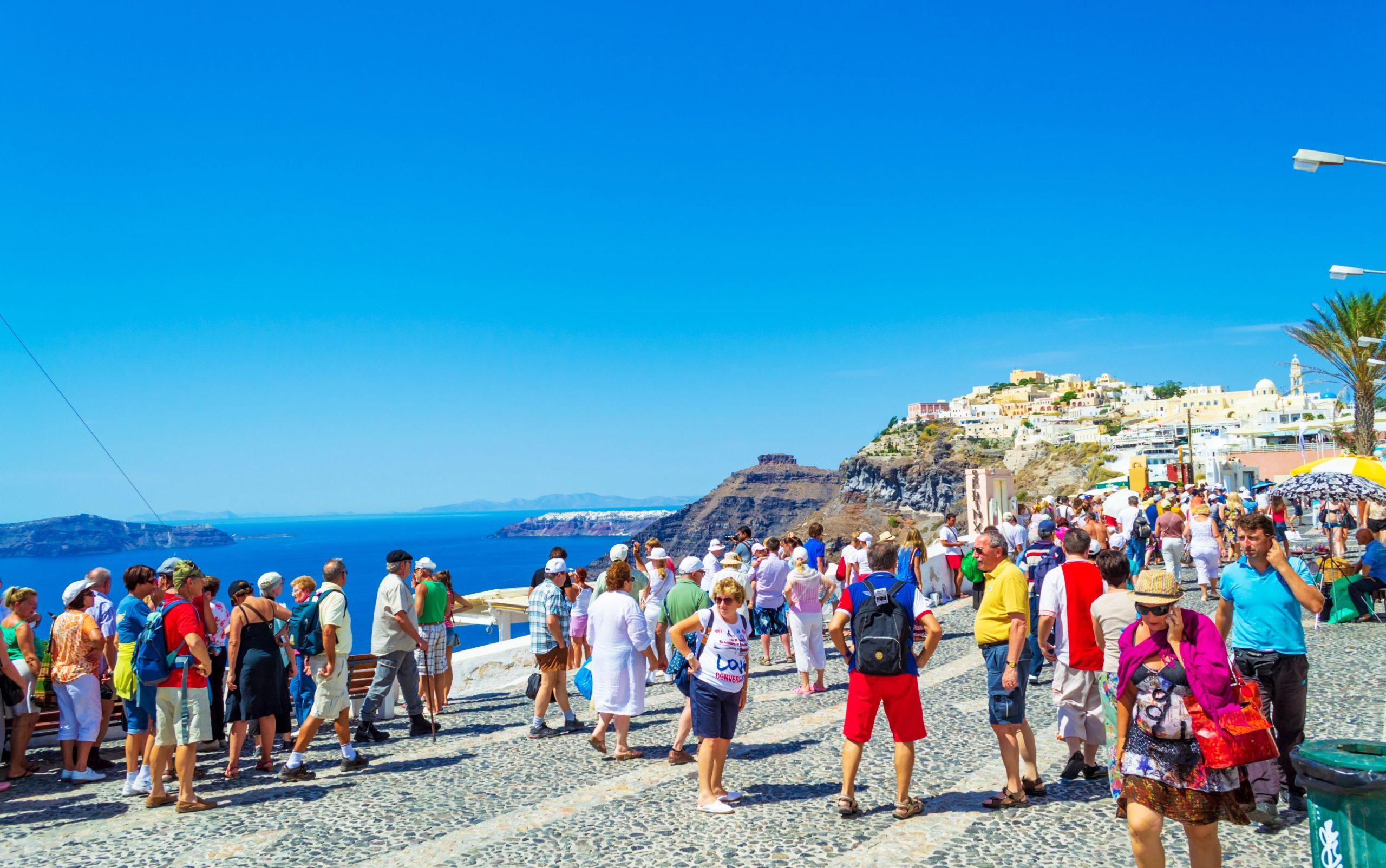
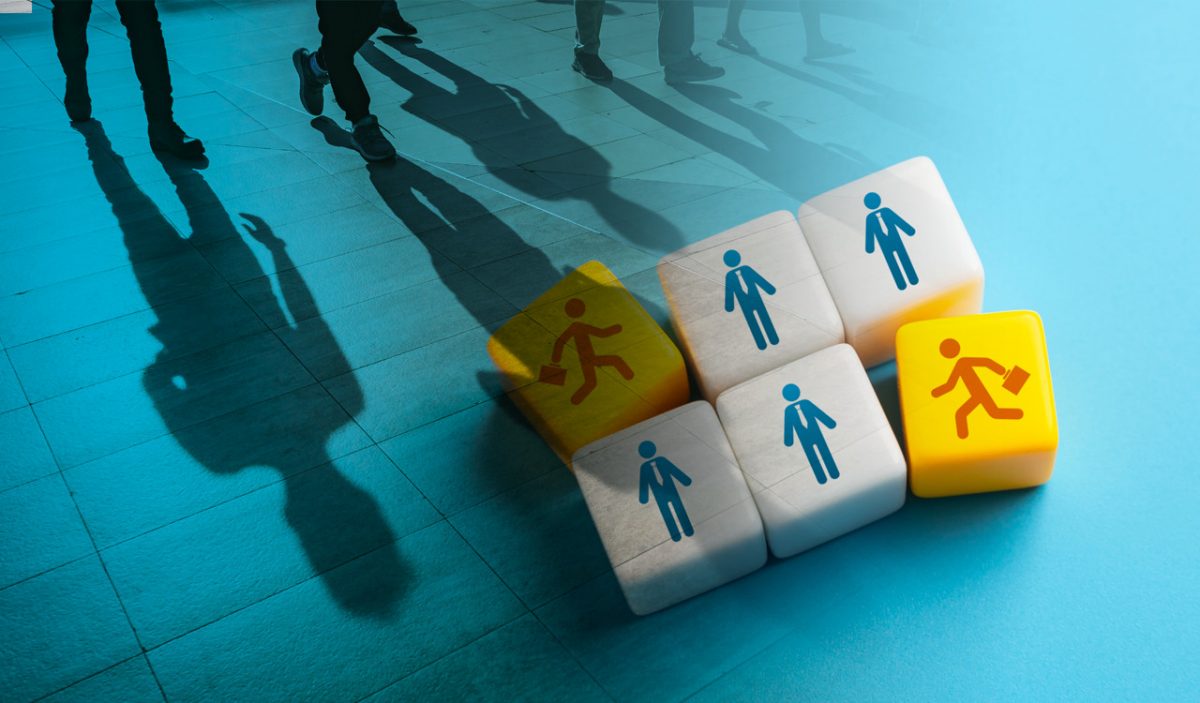
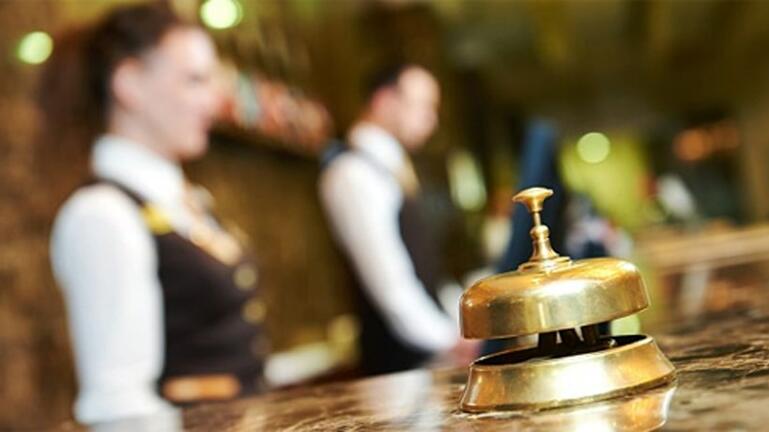
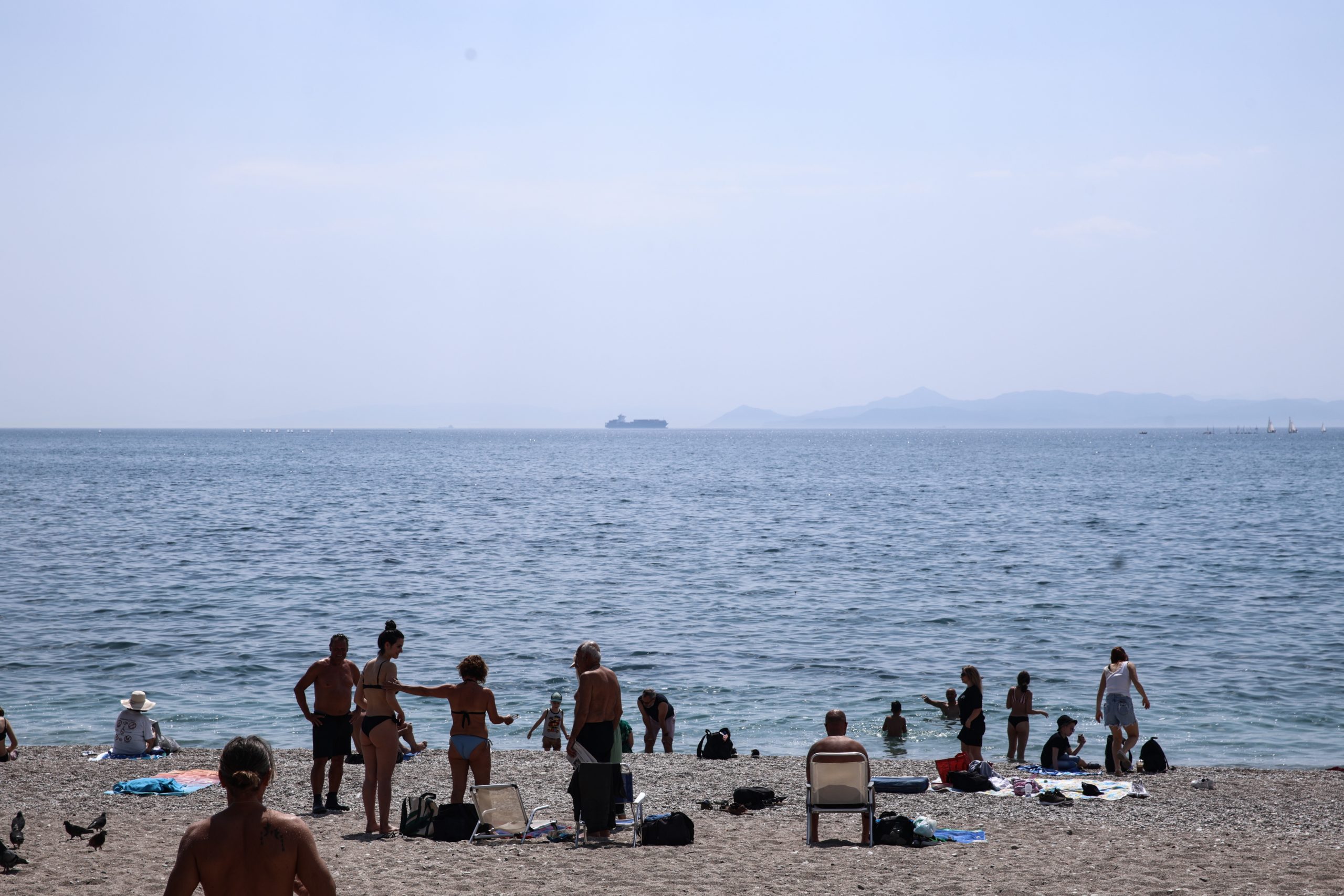
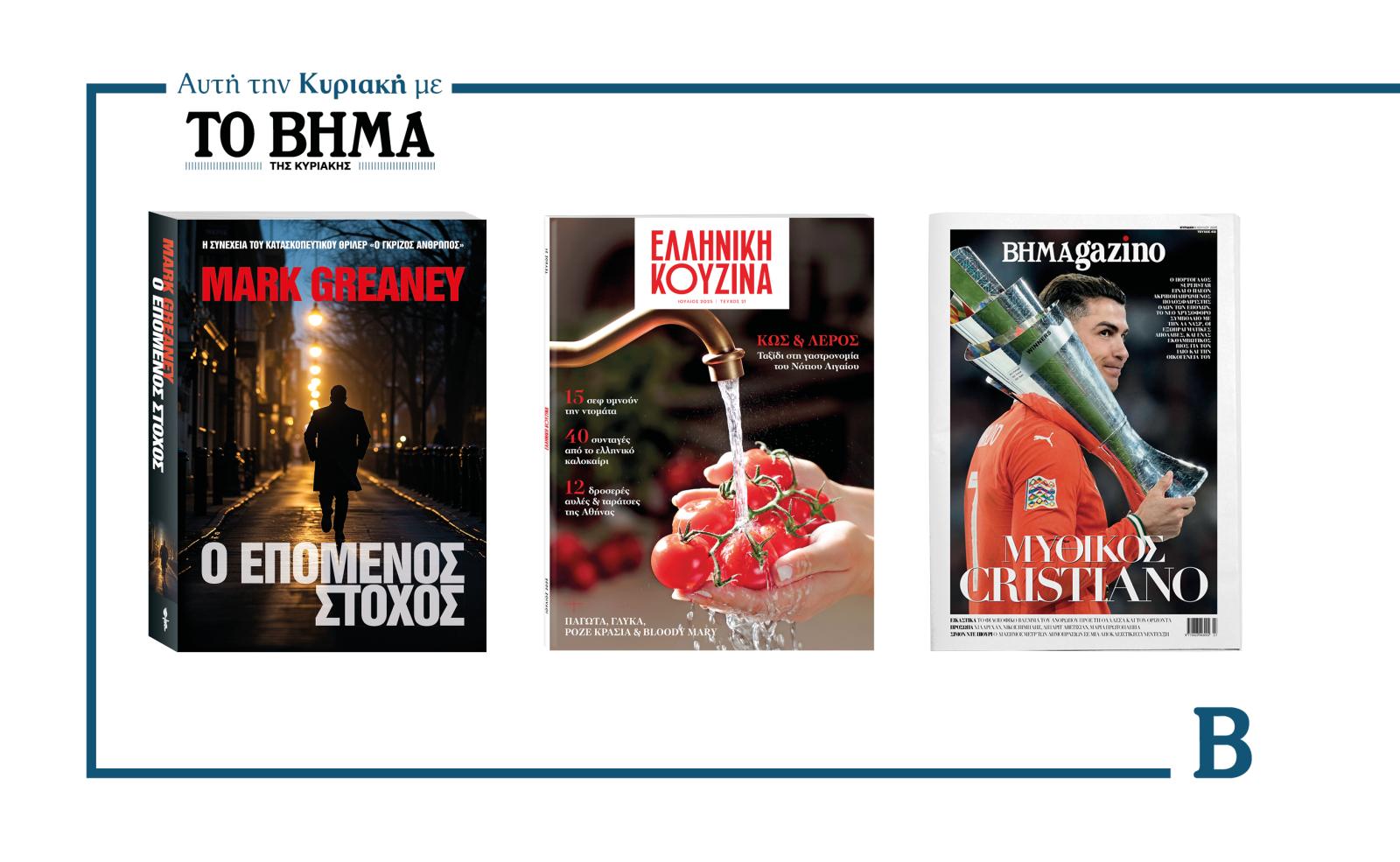

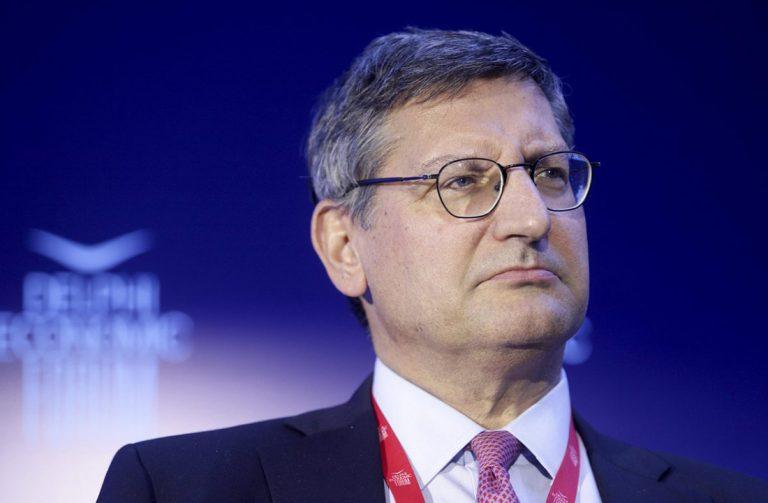
![ΗΠΑ: Κερδισμένοι και χαμένοι από το «μεγάλο και όμορφο» νομοσχέδιο Τραμπ [γράφημα]](https://www.ot.gr/wp-content/uploads/2025/04/2025-04-02T230733Z_629703518_RC2RPDANS257_RTRMADP_5_USA-TRUMP-TARIFFS-REACTION-COMPANIES-scaled.jpg)
